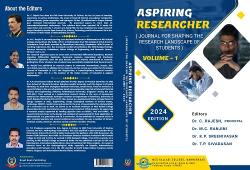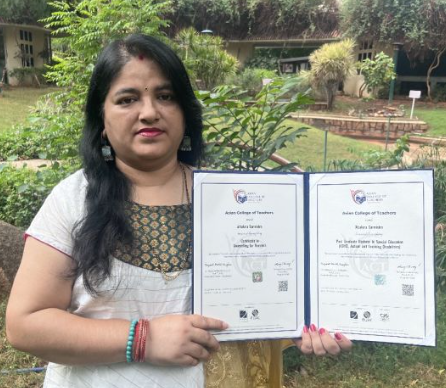Participation of Mappila women of Malabar in Anti-Colonial struggles
Abstract
This study examines the socio-political role of Mappila Muslim women in Malabar under British colonial rule, focusing on their historically marginalized yet active contributions to the Indian national movement. Despite early historiography largely overlooking Muslim women's involvement, evidence indicates their engagement in anti-colonial struggles and socio-political activities, challenging prevailing gender norms. Women’s studies in Kerala's late twentieth-century academic landscape have highlighted the importance of recognizing women as integral historical participants rather than passive subjects. Over 150 years of colonial rule (1792–1947) reshaped local socio-economic structures, often amplifying patriarchal constraints and limiting women’s agency. This research traces the complex interactions between Mappila women and Malabar's agrarian society, revealing how colonialism sparked a nascent political consciousness among them. It reconstructs the neglected history of Mappila women and provides a nuanced perspective on their motivations for participating in nationalist movements and the challenges they faced. By addressing their societal roles and modes of participation, this inquiry contributes to a more inclusive historical narrative, showcasing the bravery and resilience of women in shaping resistance against colonial powers.









